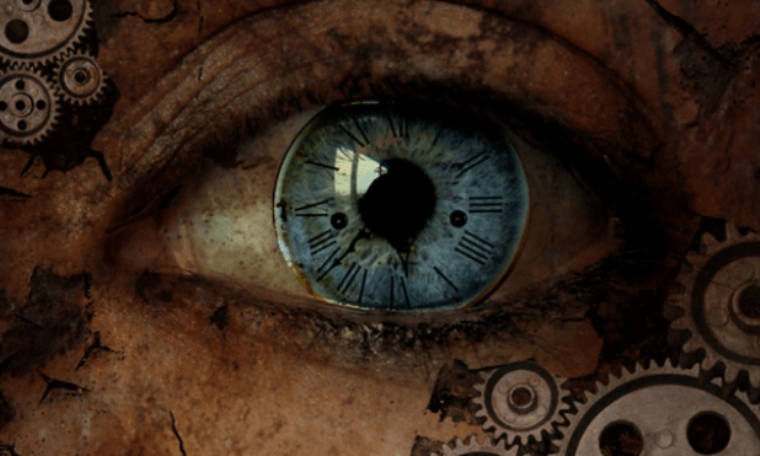DEJA VU

Déjà vu from French, literally "already seen", is the phenomenon of having the strong sensation that an event or experience currently being experienced has already been experienced in the past. Déjà vu is a feeling of familiarity, and déjà vécu (the feeling of having "already lived through" something) is a feeling of recollection.
Scientific approaches reject the explanation of déjà vu as "precognition" or "prophecy", but rather explain it as an anomaly of memory, which creates a distinct impression that an experience is "being recalled". This explanation is supported by the fact that the sense of "recollection" at the time is strong in most cases, but the circumstances of the "previous" experience (when, where, and how the earlier experience occurred) are uncertain or believed to be impossible. Two types of déjà vu are suggested to exist: the pathological type of déjà vu usually associated with epilepsy and the non-pathological which is a characteristic of healthy people and psychological phenomena.
A 2004 review claimed that approximately two-thirds of the population have had déjà vu experiences. Other studies confirm that déjà vu is a common experience in healthy individuals, with between 31% and 96% of individuals reporting it. Déjà vu experiences that are unusually prolonged or frequent, or in association with other symptoms such as hallucinations, may be an indicator of neurological or psychiatric illness.
LINKS WITH DISORDERS
Early researchers tried to establish a link between déjà vu and mental disorders such as anxiety, dissociative identity disorder and schizophrenia but failed to find correlations of any diagnostic value. There does not seem to be a special association between déjà vu and schizophrenia.The strongest pathological association of déjà vu is with temporal lobe epilepsy.This correlation has led some researchers to speculate that the experience of déjà vu is possibly a neurological anomaly related to improper electrical discharge in the brain, creating a strong sensation that an event or experience currently being experienced has already been experienced in the past. As most people suffer a mild (i.e. non-pathological) epileptic episode regularly (e.g. a hypnagogic jerk, the sudden "jolt" that frequently, but not always, occurs just prior to falling asleep), it is conjectured that a similar (mild) neurological aberration occurs in the experience of déjà vu, resulting in an erroneous sensation of memory.
Comments
Post a Comment